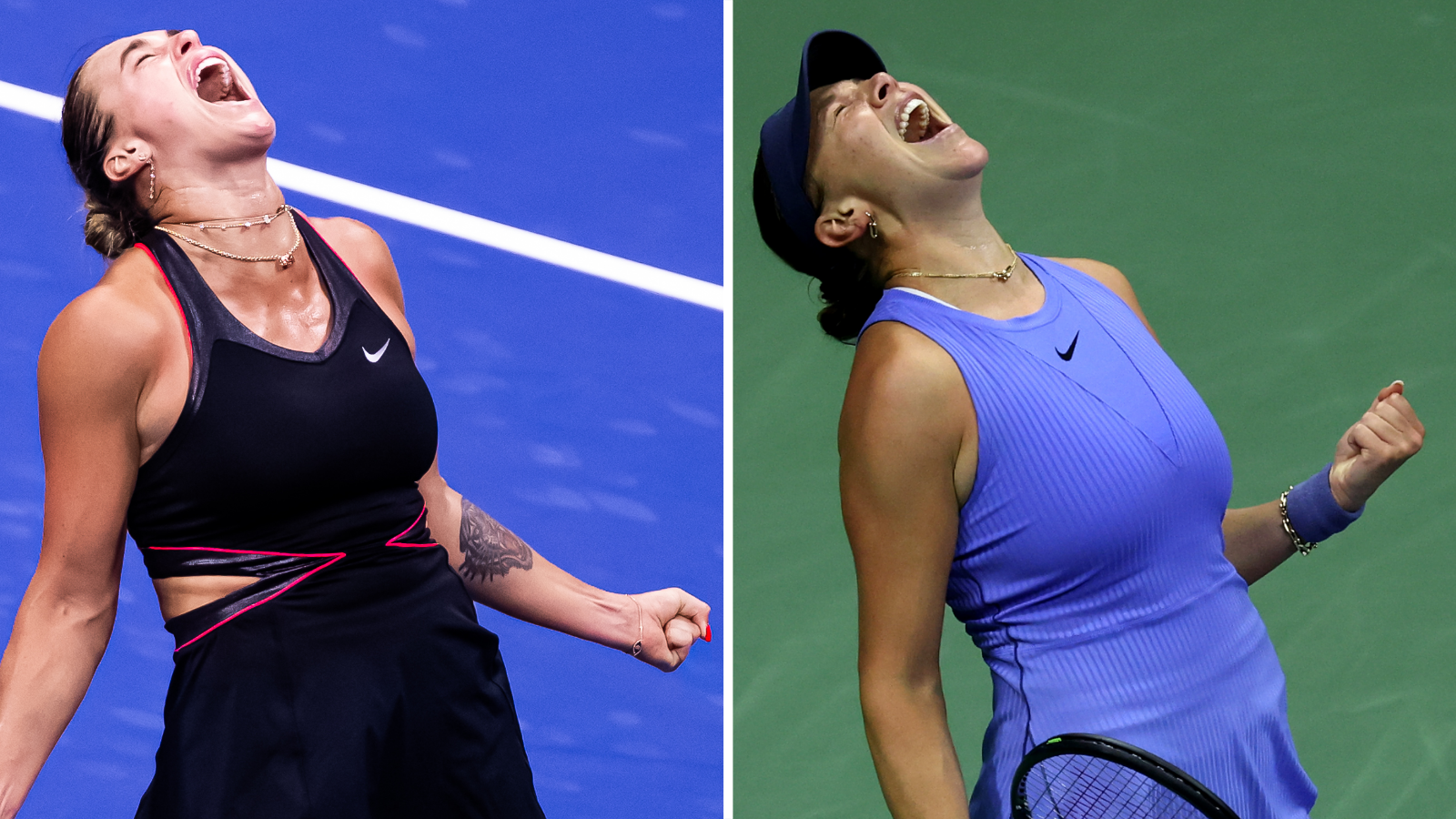 Image source, Getty Images
Image source, Getty Images
Aryna Sabalenka (left) is the defending US Open champion while Amanda Anisimova is chasing a first Grand Slam title
US Open 2025
Venue: Flushing Meadows, New York Dates: 24 August-7 September
Coverage: Live radio commentaries across 5 Live Sport and BBC Sounds, plus live text commentaries on the BBC Sport website & app
After reaching the US Open final, both Aryna Sabalenka and Amanda Anisimova leaned back and let out almighty roars of relief.
Both have faced adversity this year. Both have come within touching distance of glory, only to fall agonisingly short.
Sabalenka, the world number one and defending champion in New York, has suffered defeat in the Australian and French Open finals this year.
Anisimova, meanwhile, froze in her first major final, suffering a brutal 6-0 6-0 loss to Iga Swiatek at Wimbledon just 56 days ago.
Sabalenka's ability to overcome the ghosts of this year's Grand Slams will be crucial to her bid for a fourth major singles title - and the same can be said for Anisimova.
On court, both Sabalenka and Anisimova are big hitters with fearsome ball-striking abilities. But the pair are also prone to showing their emotions and, in some cases, allowing them to take over.
The pair have faced each other twice this year already. Belarusian Sabalenka came out on top in the last-16 at Roland Garros before American Anisimova produced a stunning upset in the Wimbledon semi-finals.
The pair are undoubtedly similar. But on Saturday, there will be one key difference - only one will end the night as the US Open champion.
Controlling emotions key to Sabalenka triumph
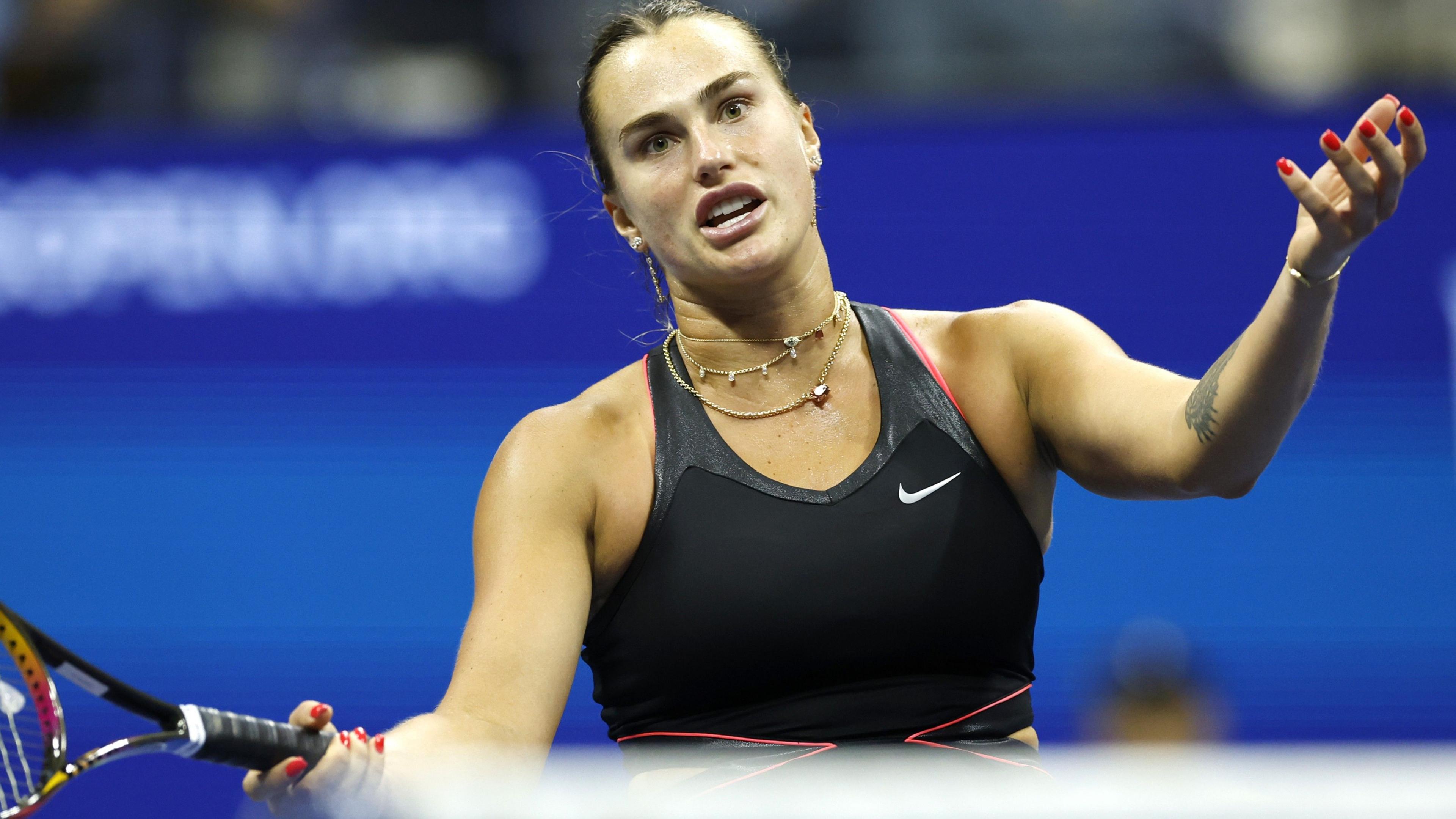 Image source, EPA
Image source, EPA
Aryna Sabalenka is a demonstrative player on the court
A compelling character on and off the court, Sabalenka wears her heart on her sleeve.
While endearing to tennis fans, it has proved costly on the big stages.
All three Grand Slams this year have ended in devastating defeats to American opponents. Madison Keys out-hit Sabalenka in Australia, Coco Gauff outlasted her in Paris before Anisimova stepped up another gear at Wimbledon.
Sabalenka's passion and desperation to win has often erupted into frustration and fury, while her eagerness to overpower her opponents can cause her to become error-strewn.
Sometimes that emotion has spilled over into her words. She had to apologise to Gauff after saying the American had won the French Open final "not because she played incredible [but] because I made all those mistakes".
Sabalenka says she will not make that mistake again.
"I learned that lesson, and I will never behave that way. It's not me," she said on Thursday.
"I was super emotional. I let emotions take control over me, and it's not who I am."
Learning to control that emotion is where Sabalenka must improve if she is to triumph again in New York - particularly when facing a partisan home crowd.
After her semi-final defeat at SW19, Sabalenka said Anisimova was "more brave" with her shots, and she needs to remind herself that she is the one at the top of the rankings in the key moments.
Sabalenka remains the outstanding player on the women's tour. She has won 55 matches this year, claimed three titles and has a 3,292-point lead at the top of the rankings.
She is the first woman to reach the both the Australian and US Opens finals for three consecutive years since Martina Hingis in 1999, as well as the first to reach three major singles finals in a calendar year since Serena Williams in 2016.
But, for all those impressive statistics, ending 2025 without a Grand Slam would potentially be disastrous to a serial winner like Sabalenka.
Anisimova's 'attitude shift' paying off
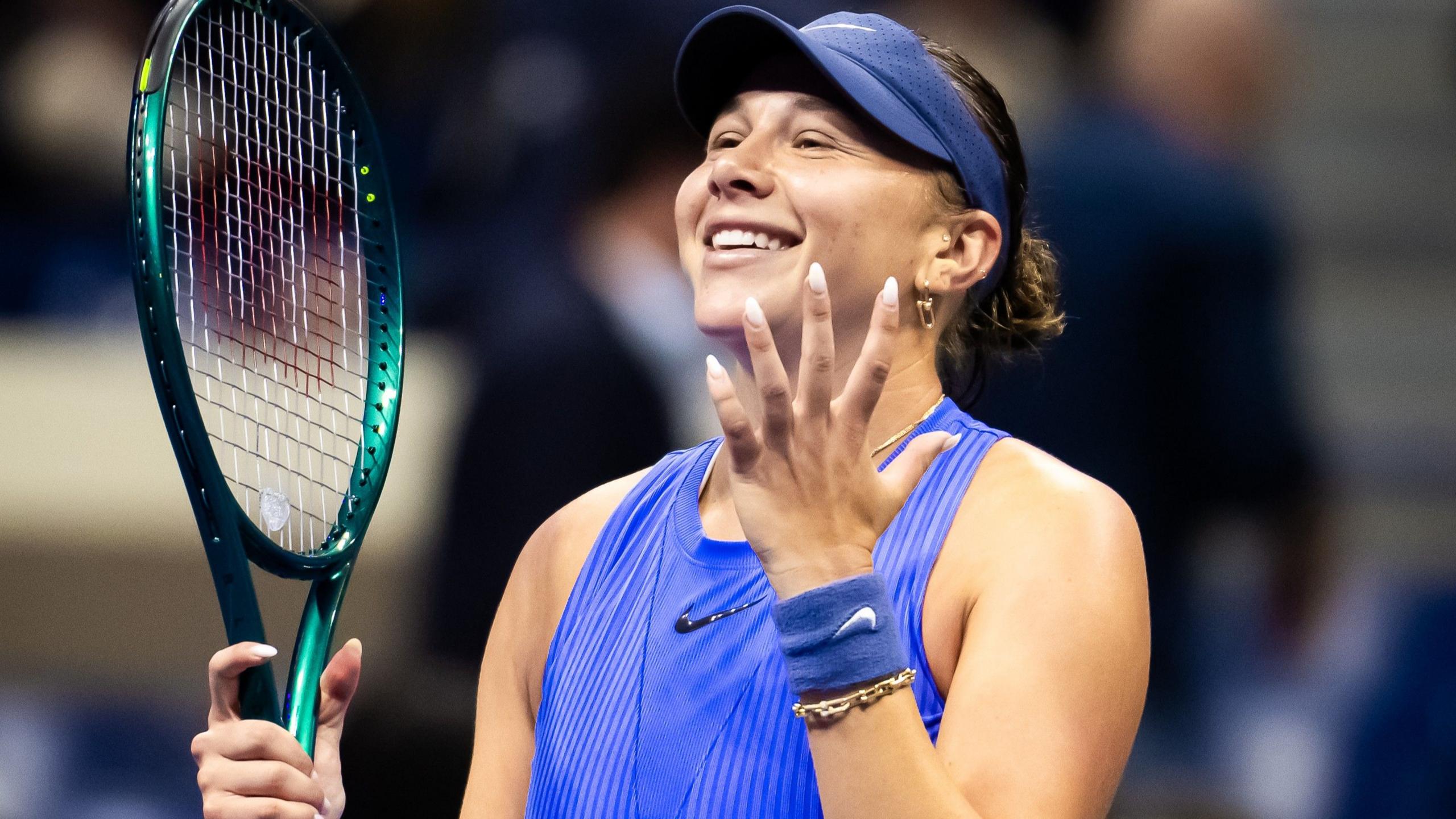 Image source, Getty Images
Image source, Getty Images
Amanda Anisimova has already beaten two Grand Slam champions in New York
For any player, reaching a Grand Slam final is the pinnacle of the sport.
Anisimova achieved that in July, having failed to make it through qualifying the previous year.
But to go from suffering a demoralising defeat at SW19 to reaching a second major final just two months later is simply astonishing.
Anisimova's US Open run has been an immense show of character and resilience. Her steely determination helped her brush off such a brutal defeat, as well as making her a fearsome opponent.
It was aggression and fearless ball-striking which got her over the line against Swiatek, while grit and her sensational backhand saw her through a three-hour tussle with Osaka.
"I have worked really hard, especially on my mental game and not giving up," Anisimova said after her victory over Osaka.
"I could have easily said, 'she's playing better than me, and I can't really do anything'.
"But I tried to find any way I could to stay in the match, even though it was extremely tough."
Anisimova, who is the youngest woman to reach the Wimbledon and US Open finals in a season since Serena and Venus Williams in 2002, admitted that might not have been the case a few years ago.
But a seven-month break from tennis two years ago has shifted her mentality.
"When I was at Wimbledon, every single match was a surprise to me. I was shocked with every match that I won," she said.
"But here it feels more [like] I believe in myself, and I'm able to do it. That's been the shift."
.png)
 3 months ago
13
3 months ago
13

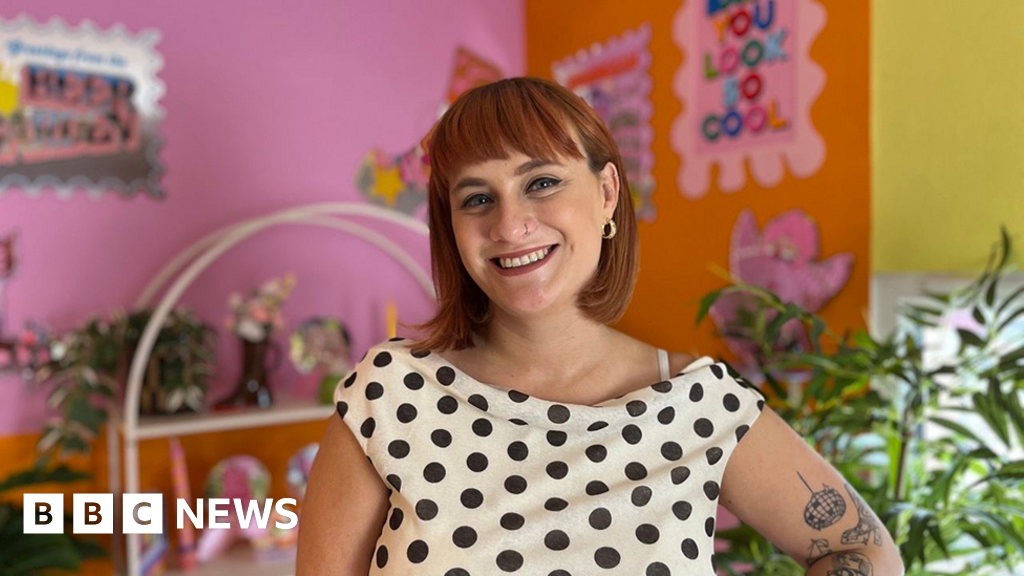
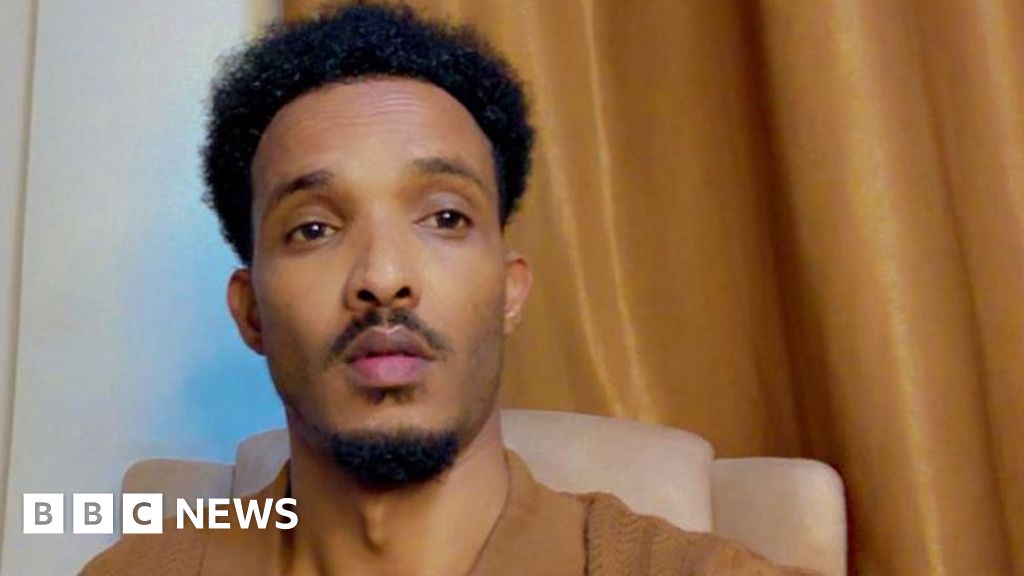





 English (US) ·
English (US) ·